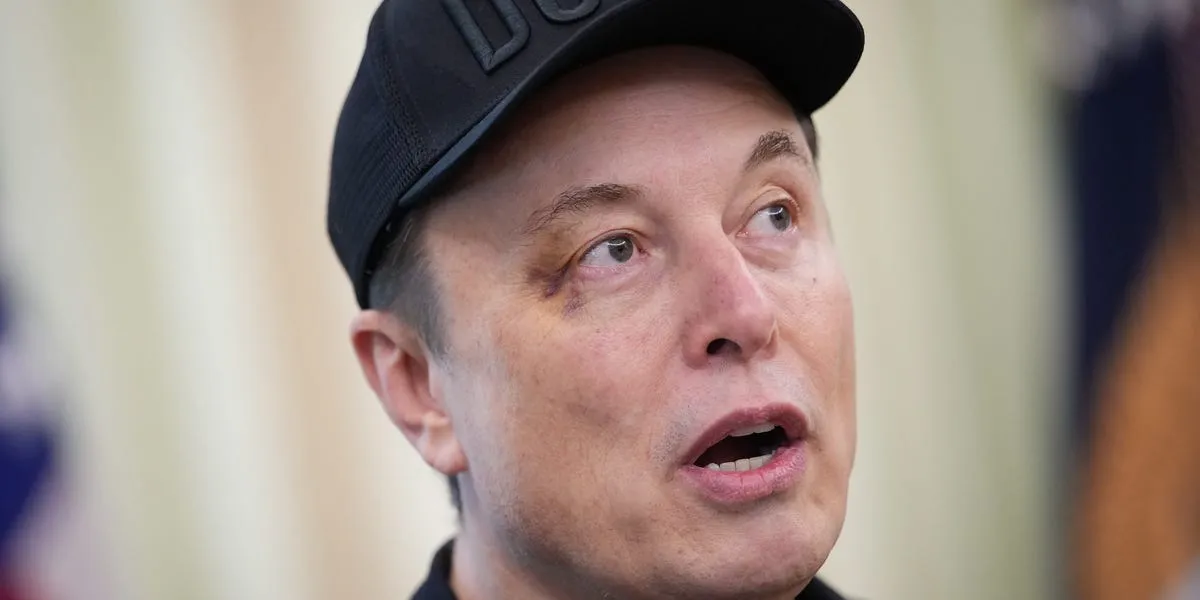
During Tesla's latest earnings call, CEO Elon Musk delivered a passionate speech regarding his proposed $1 trillion pay package, while also criticizing those who oppose it. Musk clarified that he prefers not to label it as compensation; instead, he emphasized the importance of having adequate voting power to steer Tesla's future in areas like artificial intelligence, robotaxis, and humanoid robots.
Musk expressed his discomfort with the idea of building a "robot army" only to be ousted based on recommendations from proxy advisory firms, which he labeled as "corporate terrorists." He articulated his need for approximately mid-20s percent voting power to ensure he could maintain a significant influence at Tesla while still being accountable. His remarks come as Tesla executives appeal to shareholders to support a crucial vote on November 6 regarding the compensation proposal.
The proposed compensation deal is unprecedented, potentially awarding Musk up to $1 trillion in stock if he meets ambitious performance targets. These targets include increasing Tesla's market value to $8.5 trillion and achieving 12 operational milestones, such as selling 12 million cars and launching one million humanoid robots. Additionally, Musk aims to introduce one million robotaxis and elevate adjusted earnings from $16.6 billion in 2024 to a staggering $400 billion.
If the new package is approved, Musk's ownership stake in Tesla could expand from 13% to nearly 29%, granting him greater control over the company. The board has cautioned shareholders that rejecting the deal could lead to a reduction in Musk's involvement or even his departure from the company entirely.
Proxy advisory firms ISS and Glass Lewis have recommended that investors vote against some or all aspects of Musk's $1 trillion pay package. In the aftermath of the earnings call, Musk took to social media platform X to criticize these firms, arguing that they wield excessive influence due to their role in managing shareholder votes for major index funds, despite lacking ownership stakes in the companies they evaluate. He asserted that their voting patterns often align with arbitrary political agendas, which undermine shareholder interests.
Musk further contended that these firms should be classified as investment advisors, labeling it "absurd" and potentially illegal that they currently do not hold such a designation. However, he did not respond to Business Insider's request for comment on the matter.
The controversy surrounding Musk's compensation is not a new development. It traces back to last year when a Delaware judge invalidated his 2018 compensation plan, which was valued at approximately $56 billion. The court ruled that Tesla's board had been unduly influenced by Musk during the approval process. In response, Tesla sought to re-ratify the package through a shareholder vote, arguing that it was essential to keep Musk focused on the company's mission.
To garner support, Tesla launched a vigorous campaign aimed at investors, which included running advertisements and sending letters to shareholders. In June 2024, investors ultimately approved Musk's compensation package. Nevertheless, some critics maintain that the plan grants Musk excessive control with insufficient accountability, particularly as he juggles various ventures, including his interests in AI and humanoid robots. Others question whether his focus on these emerging technologies detracts from Tesla's core electric vehicle business.